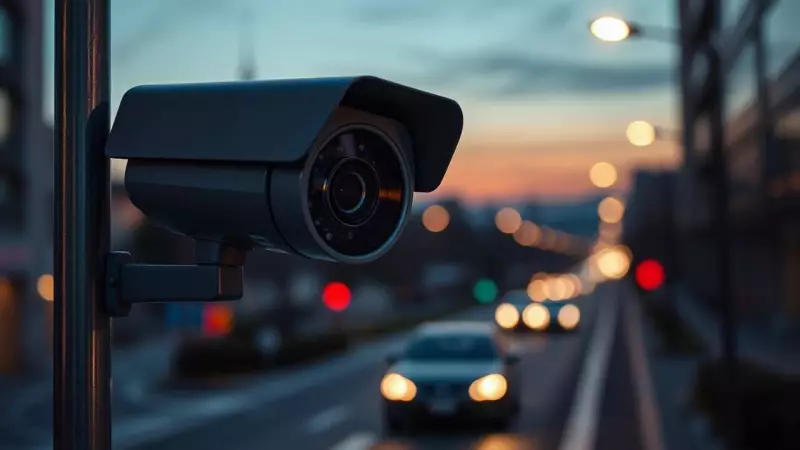
In a significant development that has sent shockwaves through the cybersecurity community, US lawmakers are urgently calling for a Federal Trade Commission (FTC) investigation into Flock Safety, a prominent license plate scanning company. The growing concerns center around potential hacking vulnerabilities that could compromise the extensive surveillance data collected by the company's automated license plate recognition (ALPR) systems.
The Security Crisis Unfolding
Flock Safety has established itself as a major player in the vehicle surveillance industry, operating approximately 40,000 cameras across more than 3,000 cities throughout the United States. This massive network captures and stores detailed information about vehicle movements, creating what privacy advocates describe as an unprecedented surveillance apparatus.
The alarm was raised by Senator Ron Wyden and other concerned legislators who have identified what they term as "significant security vulnerabilities" within Flock's systems. These weaknesses, if exploited by malicious actors, could lead to catastrophic data breaches affecting millions of American citizens.
What Makes This Threat So Serious?
- Massive Data Collection: Flock's cameras capture license plate numbers, vehicle locations, timestamps, and detailed vehicle characteristics
- Extended Data Retention: Sensitive information remains stored in company databases for months
- Network Vulnerability: Potential security flaws could expose this treasure trove of personal movement data to hackers
- Law Enforcement Access: Over 2,000 police departments currently utilize this data for investigative purposes
Why Lawmakers Are Sounding the Alarm
The congressional concern stems from Flock Safety's rapid expansion and the sensitive nature of the data being collected. Senator Wyden's office has emphasized that the company's surveillance capabilities represent "a mass surveillance system of stunning scale and scope" that demands rigorous security protocols.
What makes this situation particularly troubling is the potential for this data to be weaponized if it falls into the wrong hands. Cybersecurity experts warn that access to such comprehensive movement patterns could enable everything from stalking and harassment to sophisticated criminal operations targeting specific individuals.
The Broader Implications
This case highlights the ongoing tension between public safety initiatives and individual privacy rights in the digital age. While license plate recognition technology has proven valuable for law enforcement in solving crimes and locating stolen vehicles, the security of these systems has become a pressing national concern.
The lawmakers' demand for FTC intervention represents a crucial test case for how regulatory bodies will address security vulnerabilities in emerging surveillance technologies that affect ordinary citizens' daily lives.
What Happens Next?
The Federal Trade Commission now faces mounting pressure to conduct a thorough investigation into Flock Safety's security practices. The outcome could set important precedents for how surveillance technology companies are regulated and what security standards they must maintain to protect public data.
As this story develops, privacy advocates and cybersecurity experts will be closely watching how regulators balance technological innovation with fundamental privacy and security concerns in an increasingly monitored world.






